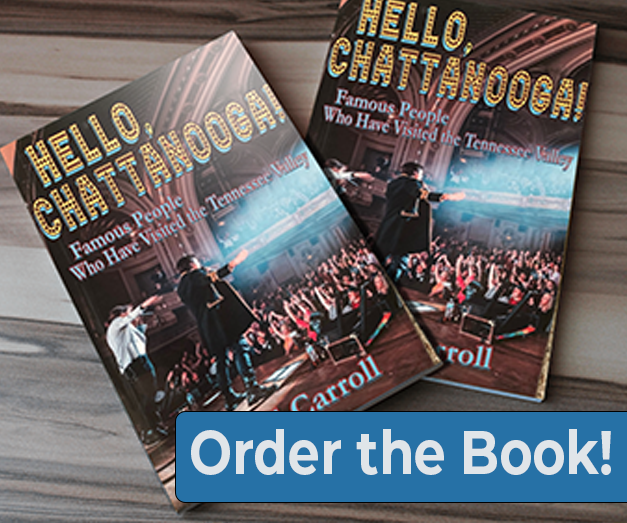Last week I wrote about the nonstop, eardrum-assaulting chatter during baseball games from certain TV sports announcers. Although my complaint was limited to the fact that they don’t allow viewers to enjoy the game’s natural, easygoing rhythm, some of you pointed out another trend. Many of today’s announcers have the same bland style, unlike the voices of games past. I couldn’t agree more.
In the early days of baseball broadcasts, Mississippi-born Red Barber and Alabamian Mel Allen lavished their thick Southern accents on New York Yankees fans, of all people. Tennessee’s Lindsey Nelson became a top network sportscaster. More recently, Keith Jackson of Georgia was ABC’s voice of college football. Howard Cosell may be the most famous sports voice ever, with his nasal Brooklyn twang. Can you imagine a national sportscaster with a regional accent today? They’re hard to find.
Distinctive voices have always been special to me. As a radio fan since childhood, and a broadcaster since my teen years, I appreciate the power of a memorable voice. The men and women I grew up listening to sounded like no one else, and are forever etched in my memory.
During the second half of the 20th century, as radio and television gradually overtook print as our primary sources for news and entertainment, a voice was often our first impression of a famous person.
President Franklin D. Roosevelt’s crippled body was weak, but his voice was strong. His weekly radio “fireside chats” projected the image of a dynamic leader.
Eventual TV stars like Bob Hope, Arthur Godfrey, and Jack Benny had distinguished themselves on radio with their voices long before they became familiar faces. Unlike some of their peers, they quickly learned the secrets of playing to the camera, but their vocal style remained a key part of their success.
Early radio hosts like Bob Barker, Dick Clark, and Ronald Reagan parlayed their smooth speaking style into phenomenal TV success, becoming household names and voices. As for Reagan, a case could be made that his calming voice played a major role in two White House wins. Can you think of any other president in your lifetime who had such a strong command of public speaking? It’s a very short list.
So distinctive were the voices of my youth that scores of comedians got rich simply by impersonating others. Often the likes of Jimmy Cagney, Clark Gable, and Richard Nixon were remembered more for how they were impersonated than by their own voices. All I have to say is, “You dirty rat,” “Frankly, my dear” and “I am not a crook,” and you immediately think of the impressions, not the actual people.
I can’t leave out the ladies. Close your eyes and you can hear the voices of Lucille Ball, Carol Burnett, and Phyllis Diller. Sure, they could be funny just by making a facial expression. But their powerful voices could be heard in the back row of the theater.
As a radio guy, it goes without saying that I appreciate a good singing voice. Is it any wonder that countless young singers were encouraged to try to sound like Frank Sinatra, Elvis Presley, and the Beatles? Sure enough, some of them made a splash by copying the styles of the superstars. But in 2022, we still celebrate Sinatra, Elvis, and the Beatles. The imitators are largely forgotten.
Among the other voices that will always live inside my head are Johnny Carson, a Midwesterner who had no discernible accent, but I hung on to his every word, especially the jokes that famously bombed. Also Paul Harvey, the longtime radio newscaster whose staccato style and dramatic pauses commanded my attention. I must also include a current movie star, Tom Hanks. No matter what character he’s playing, he always sounds like Tom Hanks. I don’t mind that a bit.
Unfortunately, too many other national voices today sound like they are Kardashian clones. I hear a lot of “upspeak,” which is ending every sentence like you’re asking a question? Not to mention, like, you know?
If you have some favorite voices, past or present, let me know at RadioTV2020@yahoo.com. I’ll add them to my list, and spotlight them in a future column.


